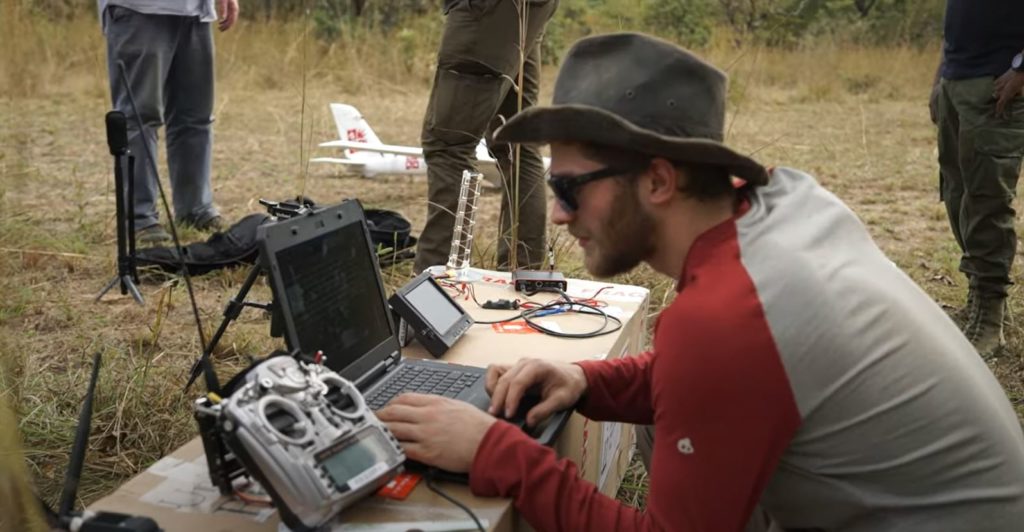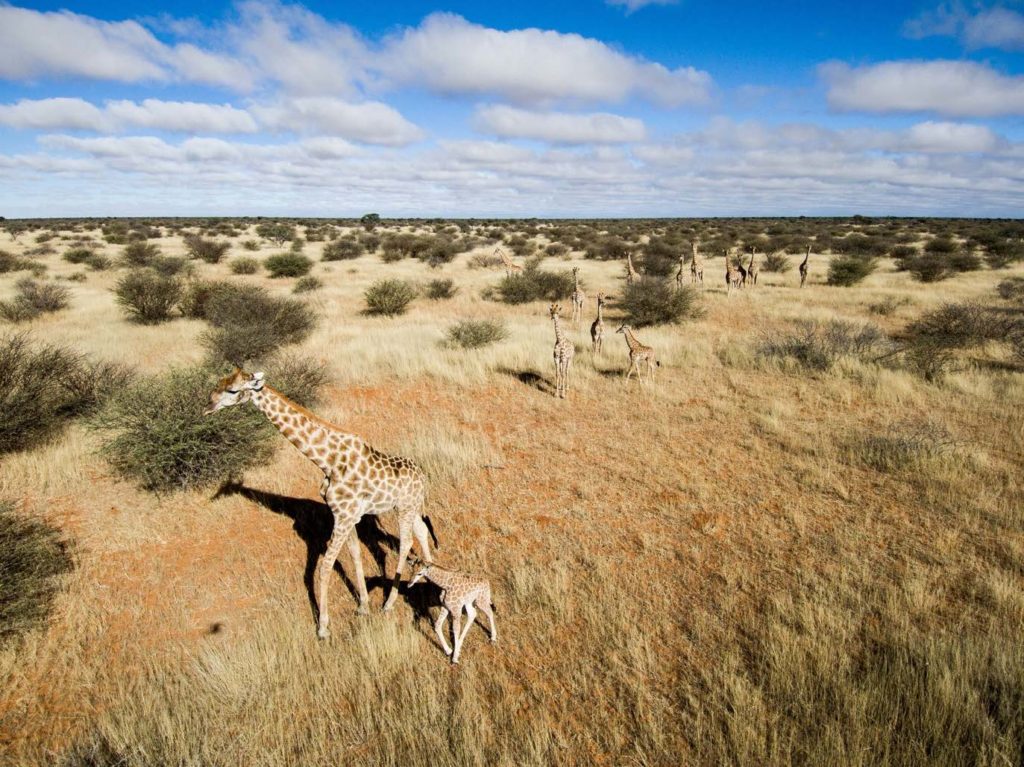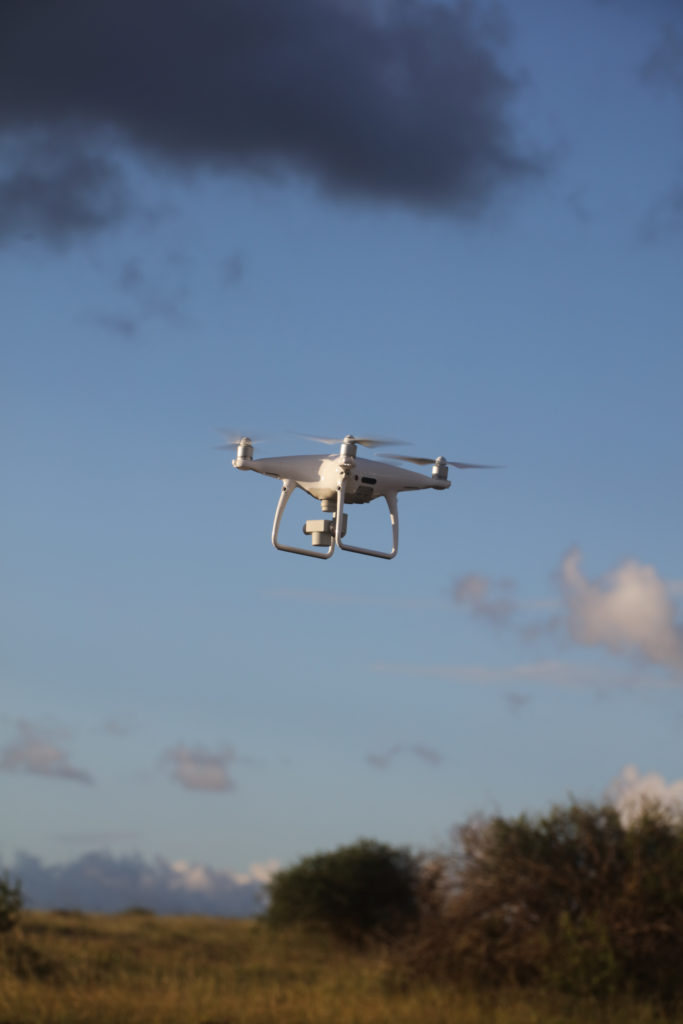Doctoral Projects
The WildDrone consortium will recruit and train a total of 13 Doctoral Candidates (Ph.D. students), equipping them with the unique combination of multidisciplinary skills required to realize the full potential of drones and companion autonomous systems for nature conservation missions. The Doctoral Candidates will have their base at the European partner universities and will be working closely together in the training network. As a part of their education, the Doctoral Candidates will be conducting study trips and field work in Europe, USA, and Africa. Each Doctoral Candidate is individually supervised by a Project Supervisor from the hosting institution, who will concentrate their training on an individual research project (training-by-research) within one of the main research themes.

Copyright by University of Bristol

Copyright by Kuzikus Wildlife Reserve

Copyright by Max Planck Institute of Animal Behavior
Case Studies and Field Work
Each PhD will focus their research on case studies and the yearly network-wide field work together with industrial partners and domain experts. This is enabled by a broad program of network-level training (WP4) and secondments that ensure the sharing of research infrastructures for field work across the network participants.
Three Scientific Themes
The three scientific themes each covers a core scientific area: Ecology for nature conservation, drone operation, and computer vision. Each theme is led by an experienced Theme Supervisor, who coordinates research topics within the theme.
THEME 1
Automated Wildlife Tracking for Conservation
Theme 1 focuses on innovative applications of ecology science within human-wildlife conflict, animal monitoring, and realtime census.
THEME 2
Safe and Flexible Drone Operations
Theme 2 focuses on innovation of drone design, operations, and control, addressing noise, multi-drone missions, and BVLOS flights.
THEME 3
Effective Computer Vision for Conservation
Theme 3 focuses on development of computer vision techniques centred on vision-based control, tracking, animal censuses, and individual characterization.
Get in touch
Contact us on WildDrone@sdu.dk



WildDrone is an MSCA Doctoral Network funded by the European Union’s Horizon Europe research and innovation funding programme under the Marie Skłodowska-Curie grant agreement no. 101071224. Views and opinions expressed are those of the author(s) only and do not necessarily reflect those of the European Union or the European Commission. Neither the EU nor the EC can be held responsible for them.
